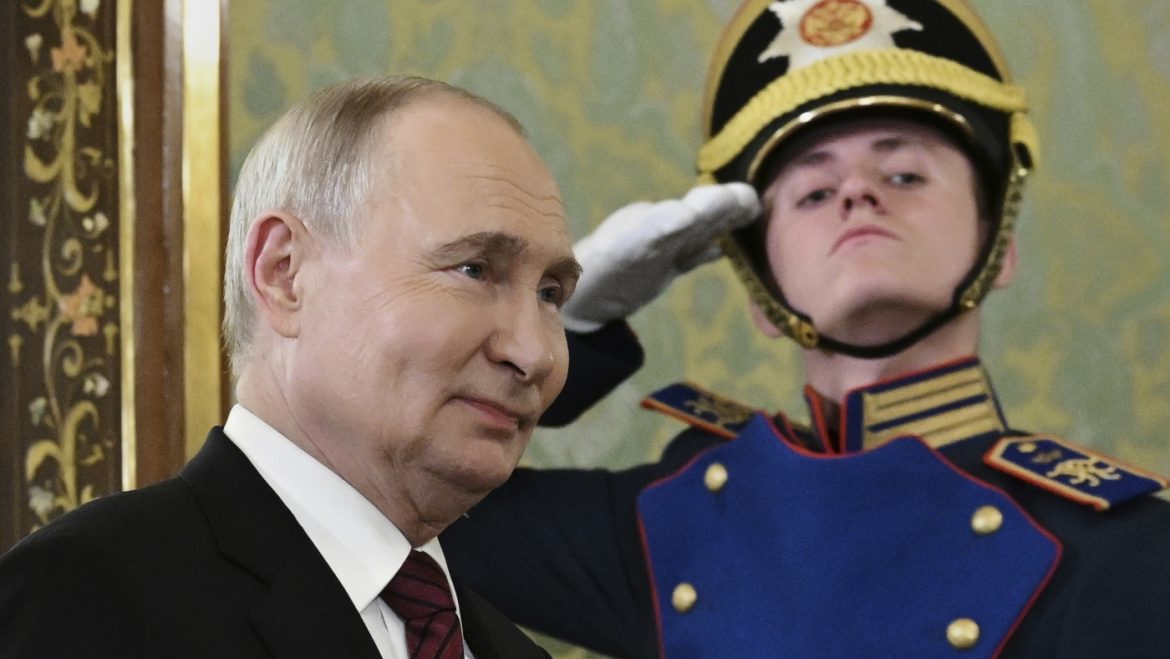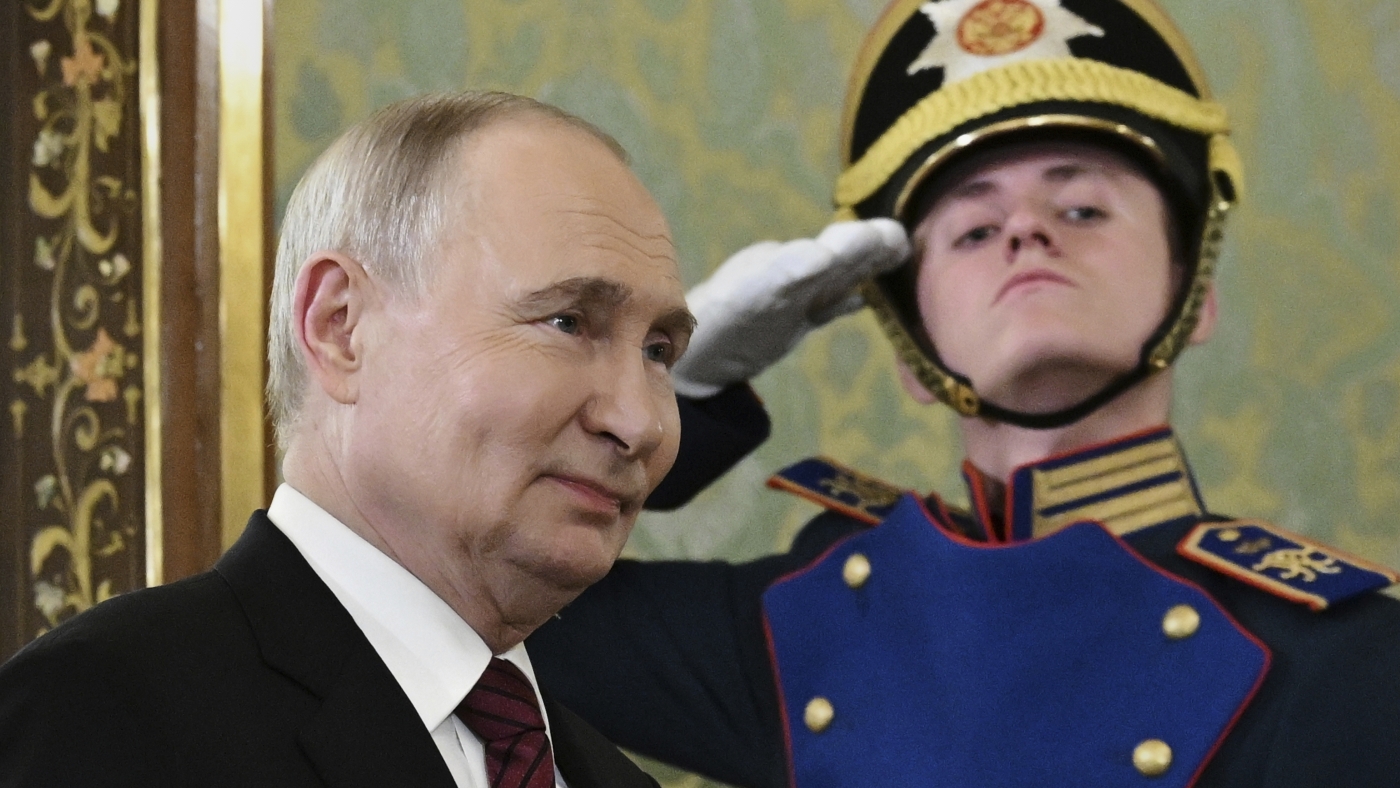Putin’s Proposal for Direct Peace Talks with Ukraine
Russian President Vladimir Putin’s recent proposal for direct peace talks with Ukraine marks a significant development in the ongoing conflict. The proposal, made on May 11, suggests that talks should commence on May 15 in Istanbul, Turkey, without any preconditions. This initiative has garnered attention and responses from various international leaders and entities.
The Context and Timing
The proposal comes amid heightened tensions and calls for a ceasefire from Ukraine and its allies. Ukrainian President Volodymyr Zelenskyy, along with leaders from France, Germany, Poland, and the United Kingdom, had called for an unconditional 30-day ceasefire. Putin’s offer to resume negotiations without preconditions appears to be a response to these calls, although it does not explicitly address the ceasefire demand.
Putin’s proposal also follows the unsuccessful peace talks held in Istanbul in early 2022, shortly after Russia’s full-scale invasion of Ukraine. The previous talks, facilitated by Turkish President Recep Tayyip Erdogan, did not yield a lasting peace agreement. Putin’s latest proposal indicates a willingness to engage in dialogue, potentially to avoid further international pressure and sanctions.
The Proposed Venue and Facilitator
Putin’s choice of Istanbul as the venue for the talks is strategic. Turkey, under President Erdogan, has maintained a delicate balance in its relations with both Russia and Ukraine. Erdogan has previously facilitated talks between the two nations and could potentially play a crucial role in mediating the proposed discussions.
The Goals and Expectations
Putin has stated that the goal of these talks is to achieve a “durable peace” and eliminate the root causes of the war. This language suggests a willingness to address the underlying issues driving the conflict, which could include territorial disputes, security guarantees, and the status of Crimea.
However, the proposal to hold talks “without preconditions” has raised questions. Ukraine and its allies have been pushing for an unconditional 30-day ceasefire, which Russia has not explicitly agreed to. This discrepancy could pose a significant obstacle to the success of the proposed talks.
International Reactions
The proposal has been met with mixed reactions. U.S. President Donald Trump welcomed the initiative, indicating that it could be a step towards resolving the conflict. However, other international leaders and analysts have expressed caution, noting the lack of a clear commitment to a ceasefire and the history of unsuccessful talks.
The Path Forward
The success of Putin’s proposal hinges on several factors. First, Ukraine’s willingness to engage in talks without preconditions is crucial. Ukraine and its allies have been insisting on a ceasefire as a precondition for any meaningful negotiations. Second, the role of Turkey as a facilitator will be pivotal. Erdogan’s ability to mediate and ensure that both sides adhere to the talks’ framework will be essential.
Moreover, the international community’s response will also play a significant role. The European Union and the United States have threatened coordinated sanctions if Russia does not commit to a ceasefire. These threats could influence Russia’s approach to the talks and the potential for a lasting peace agreement.
Conclusion
Putin’s proposal for direct peace talks with Ukraine in Istanbul on May 15 represents a potential turning point in the ongoing conflict. The initiative, while welcomed by some, faces significant challenges, including the lack of a clear commitment to a ceasefire and the history of unsuccessful negotiations. The success of these talks will depend on the willingness of both sides to engage in meaningful dialogue, the role of Turkey as a mediator, and the international community’s response. If successful, the talks could pave the way for a durable peace and the elimination of the root causes of the war.


